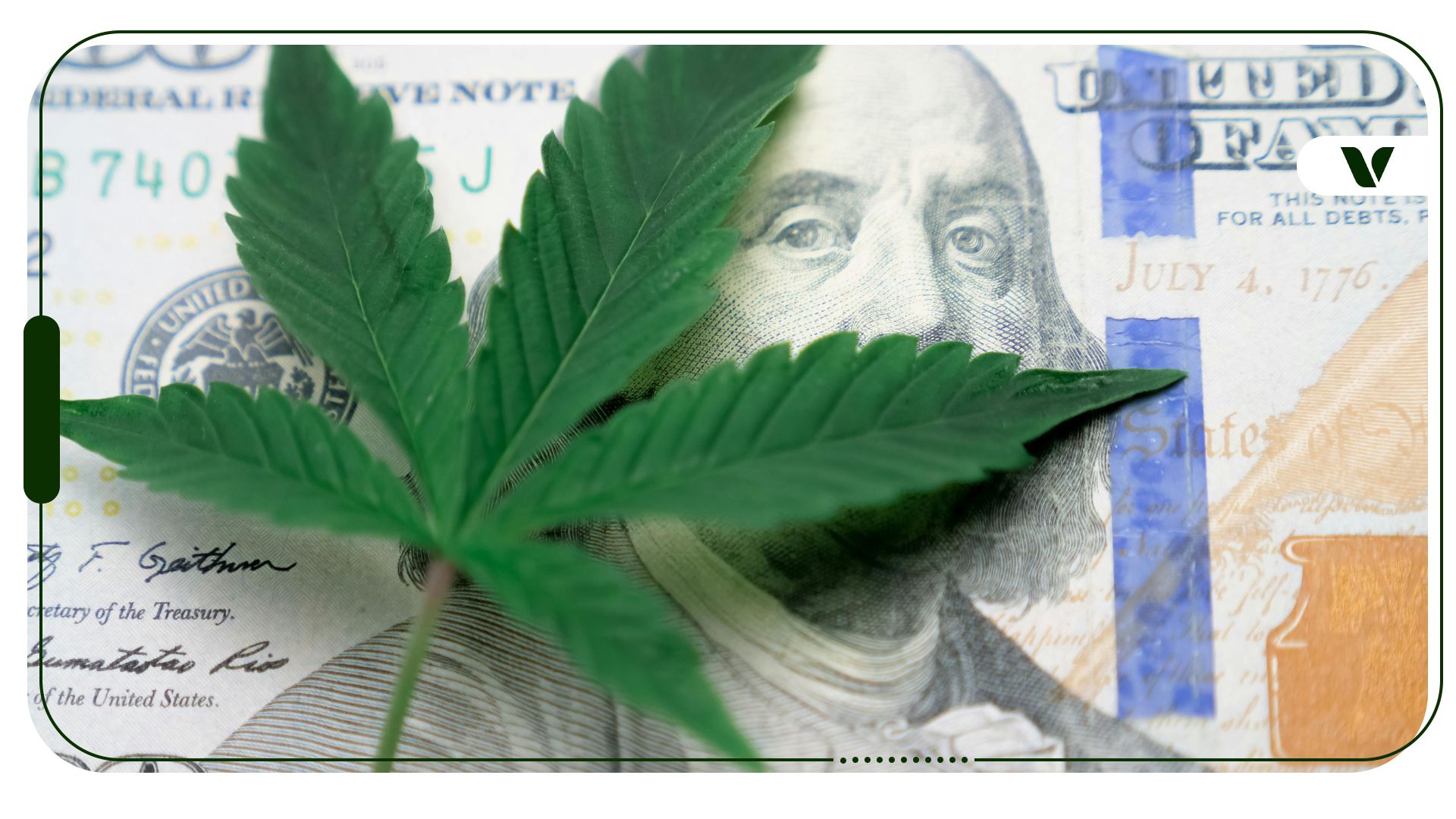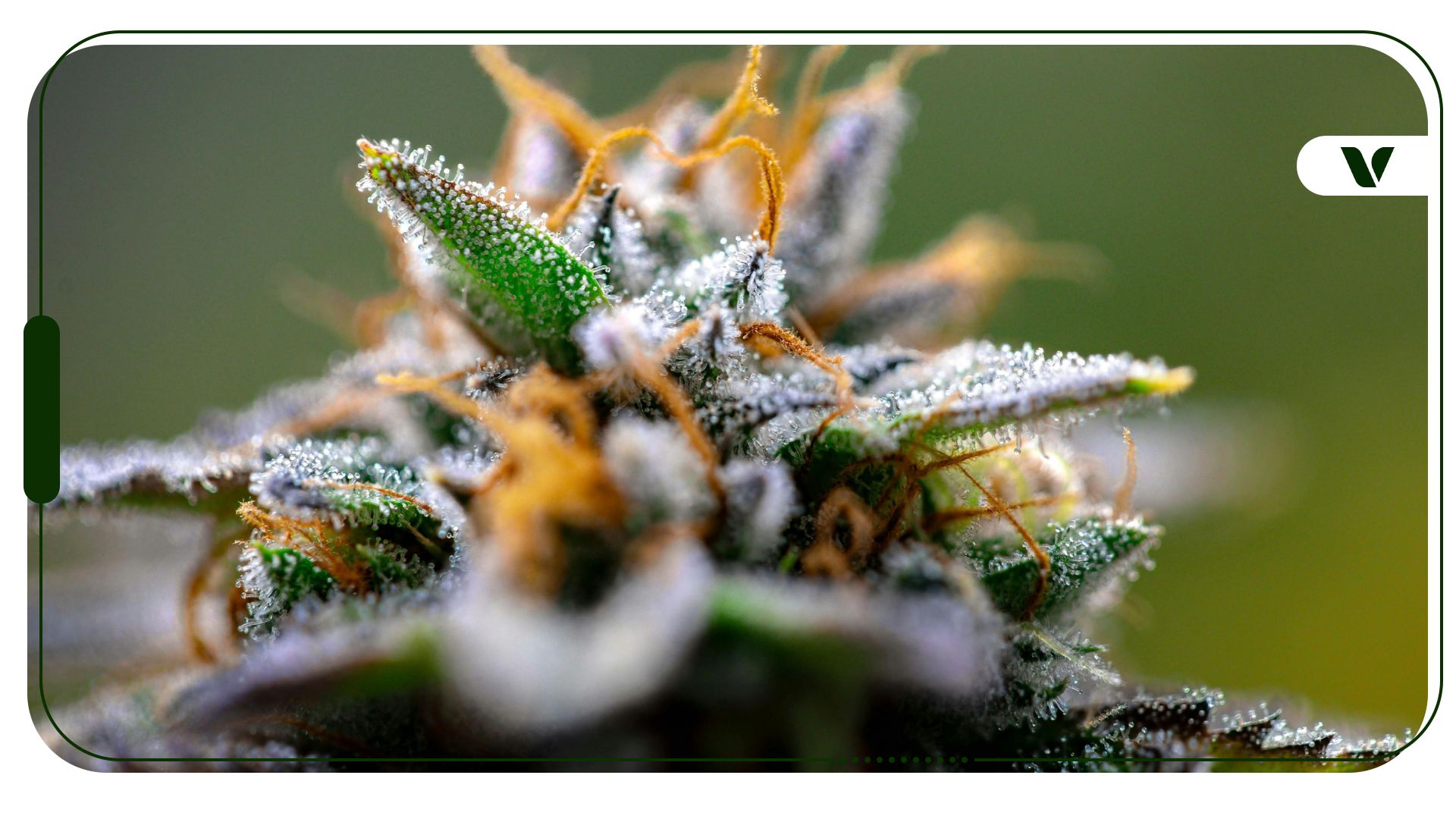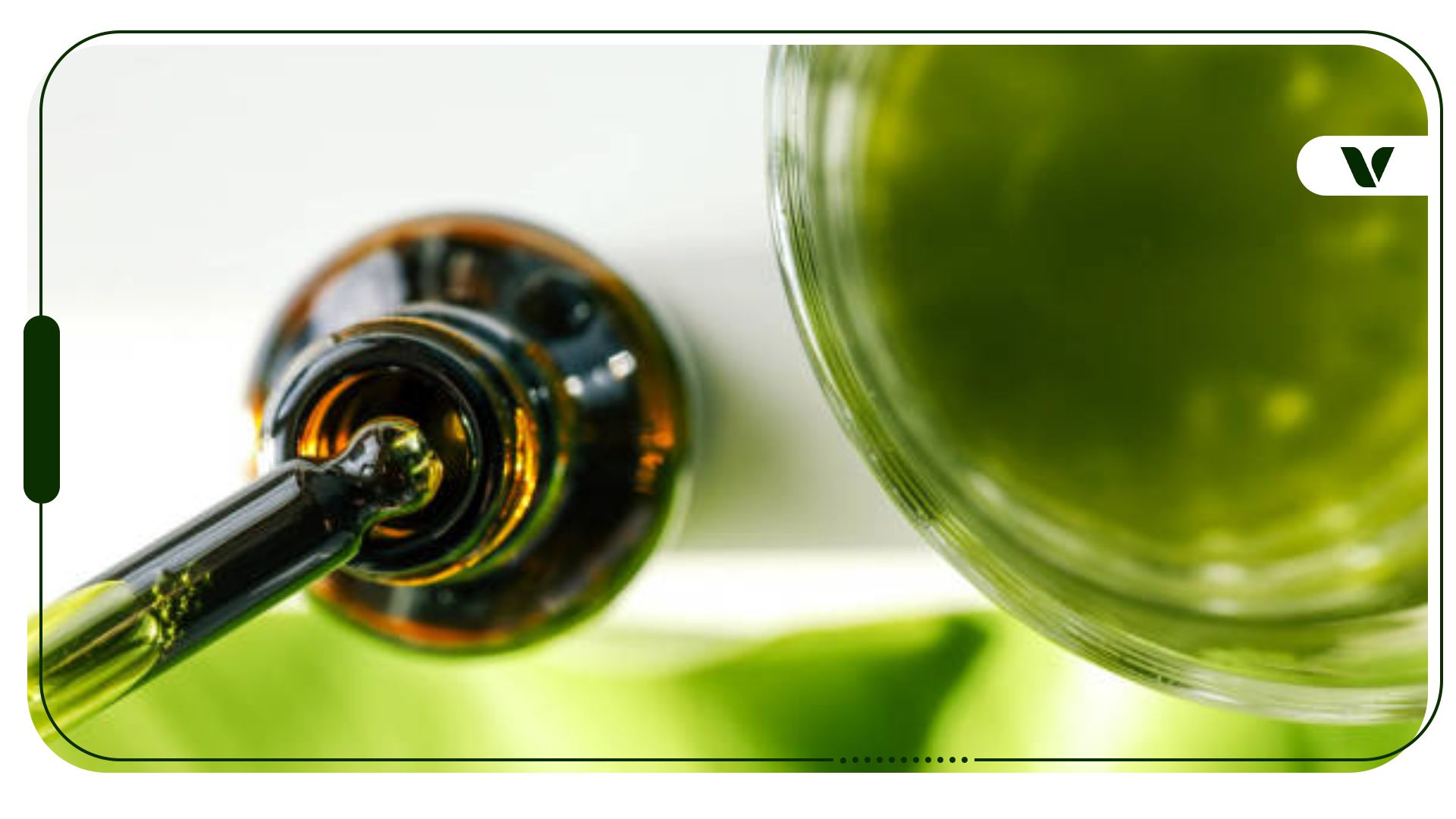According to the New York Times, Dr. Micheal Johansen found that 64 million prescriptions were being dispensed in 2016 for a medication called Gabapentin. The doctor also found that the number of prescriptions is only increasing as the years go by. The interest in finding a replacement for gabapentin stems from the adverse effects which accompany consuming it, even the FDA has warned consumers of “serious respiratory problems” amongst those taking gabapentin. Fortunately, studies suggest that cannabis could be an effective treatment for pharmaceutical medication such as gabapentin.
What is Gabapentin?
Gabapentin is a pharmaceutical medication that is often administered or taken to help control convulsions as part of epilepsy as well as for pain. The medication works by preventing seizures and relieving pain in some conditions in the nervous system. Gabapentin can only be accessed with a doctor’s prescription and can come in the form of capsules, tablets, solutions, or suspensions (a liquid with small pieces of drugs, of which the drugs have not been completely dissolved -which means you have to mix it, shake it or stir it). Gabapentin is sold under brands such as Gralise, Neurontin, Fanatrex, and Horizant.
Side-Effects:
Common: The average side effects of gabapentin include drowsiness/tiredness, dizziness, blurry vision, reduced coordination, shaking, clumsiness as well as uncontrolled back-and-forth or rolling eye movements.
Less Common: These side effects include tarry stool, chest pain, chills, coughing, irritability, fever, memory loss, painful urination, sore throat, ulcers or white spots near lips and mouth, swollen glands, addiction as well as unusual bleeding or bruising.
Uncommon: Rare side effects include swelling of the hands, feet, and/or ankles, depression, suicidal thoughts and attempts, sudden changes in mood as well as slow and shallow breathing.
This is not a complete list of symptoms as some reported incidences have not yet been proven to be linked to gabapentin but they have been experienced… such as confusion, joint pain, irregular heartbeat, skin rashes, and the list could go on. Your physicians and medical professionals should be immediately notified of side-effects being experienced.
Related Pharmaceutical Medications
- Pregabalin
- Atagabalin
- Gabapentin enacarbil (otherwise known as Horizant (America) and Regnite (Japan))
All of these alternatives to gabapentin have been created in hopes of being the better alternative to gabapentin. However, all the alternatives are still pharmaceutical, which means that they are man-made and that they may be accompanied by their own adverse side effects. These medications are also sometimes referred to as ‘gabapentinoids’ in order to refer to gabapentin and its related medications.
Which Conditions are Treated with Gabapentin and its Similar?
According to the Mayo Clinic, WebMD, and NCBI, gabapentin is often used to treat:
Why Consider Medical Cannabis in the First Place?
Although addiction is less likely with gabapentin than with opiate medication, it still happens on a grand scale. This drives me to consider cannabis for my personal health as a possible alternative to any pharmaceutical medication, including gabapentin: the risk of misuse, the addiction, and the withdrawal.
A 2017 study conducted by Gabriel Quintero examined gabapentin misuse, interactions with other drugs as well as on its side effects. Quintero found that the increase in gabapentin misuse is related to the ever-increasing quantity in which it is being prescribed as well as being due to increasing popularity for recreational use and the increased quantity of self-administration in higher doses. The study also reports a 165% increase in the number of individuals who are using gabapentin recreationally from one year to the next. While a Finnish study investigated gabapentinoids in deceased individuals who presented with pregabalin or gabapentin in the postmortem toxicology analysis of medicolegal deaths. Of the late persons being investigated, the study found that of those who had known drug abuse problems, 12.5% of them presented with gabapentin poisoning. Additionally, of those passing away due to medicinal reasons with gabapentinoids in their system, 18.6% were related to drug misuse and abuse.
Of those who presented with gabapentin abuse, 87.5% of them also presented with opioid misuse. Quest Diagnostics found that “Individuals taking prescription opioids and gabapentin concomitantly have a 49% great risk for opioid-related death” than those being treated by one or the other.
Additionally, while pharmaceutical medications are still necessary, they are commonly associated with adverse side-effects, which may necessitate additional pharmaceutical medication to treat. The main takeaway would be that pharmaceutical medications can lead to serious and threatening side-effects while cannabis will most likely not produce adverse side-effects, but on the occasion when that happens, the side effects are far less severe.
Cannabis as a Potential Supplement or Alternative to Gabapentin
The cannabis plant offers up an array of benefits due to its compounds such as the terpenes and cannabinoids. Of those compounds, the cannabinoids called tetrahydrocannabinol (THC) and cannabidiol (CBD) have been the most researched aspects of the plant, luckily for us, the need for more research is slowly but surely being met. While we await more research, let’s have a look at what we know now of the cannabis plant as an eligible candidate for possibly replacing gabapentin.
- CBD has been proven effective as a treatment for conditions that range from neuropathy to seizures, which is similar to the conditions treated by gabapentin. There is a significant amount of research available in support of its’ beneficial prowess
- The WHO reported that “In humans, CBD exhibits no effects indicative of any abuse or dependence potential”, which means that addition and misuse is not something to worry about, such as one would for gabapentin.
- CBD is a natural chemical compound as opposed to the synthetic chemicals in gabapentin.
- The cannabinoids in the plant share a similar chemical structure to the cannabinoid receptors located in the endocannabinoid system (ECS) of our bodies. The cannabinoids from the plant bind with the cannabinoid receptors in our ECS, which are located all over our bodies and which is a key role player in functioning such as appetite, pain regulation, mood, and memory.
- Cannabis containing THC and CBD has been used to alleviate symptoms similar to those of the conditions treated by gabapentin. The cannabinoids can reduce anxiety and stress, reduce experienced pain, reduce inflammation, reduce seizure frequency and intensity as well as elevating mood.
- Brightfield Group researched the effectiveness of cannabis and accessed it against pharmaceuticals. Of 2400 participants, 42% have given up on pharmaceutical drugs while 52% found cannabis, specifically CBD, more effective in alleviating their symptoms, condition, or aliments.
- Cannabis is easy to cultivate where legal, often less expensive to buy than pharmaceuticals, and it can be easily accessible.
As you can see, there are plenty of reasons for cannabis to not only be a possible alternative for gabapentin but the above suggests that it could potentially be more effective considering its interaction with the ECS and the fact that it may present with mild to no side effects. Despite cannabis having been considered an effective and safe treatment by certain cultures for centuries, whether it can definitively be the alternative to pharmaceuticals will only be determined through more research and by withstanding the test of time. Regardless, always speak with a healthcare professional before attempting to change medications.
If you have any experience with consuming gabapentin and/or cannabis for the mentioned conditions, please share it with us in the comment section below.
Author, Share & Comments








